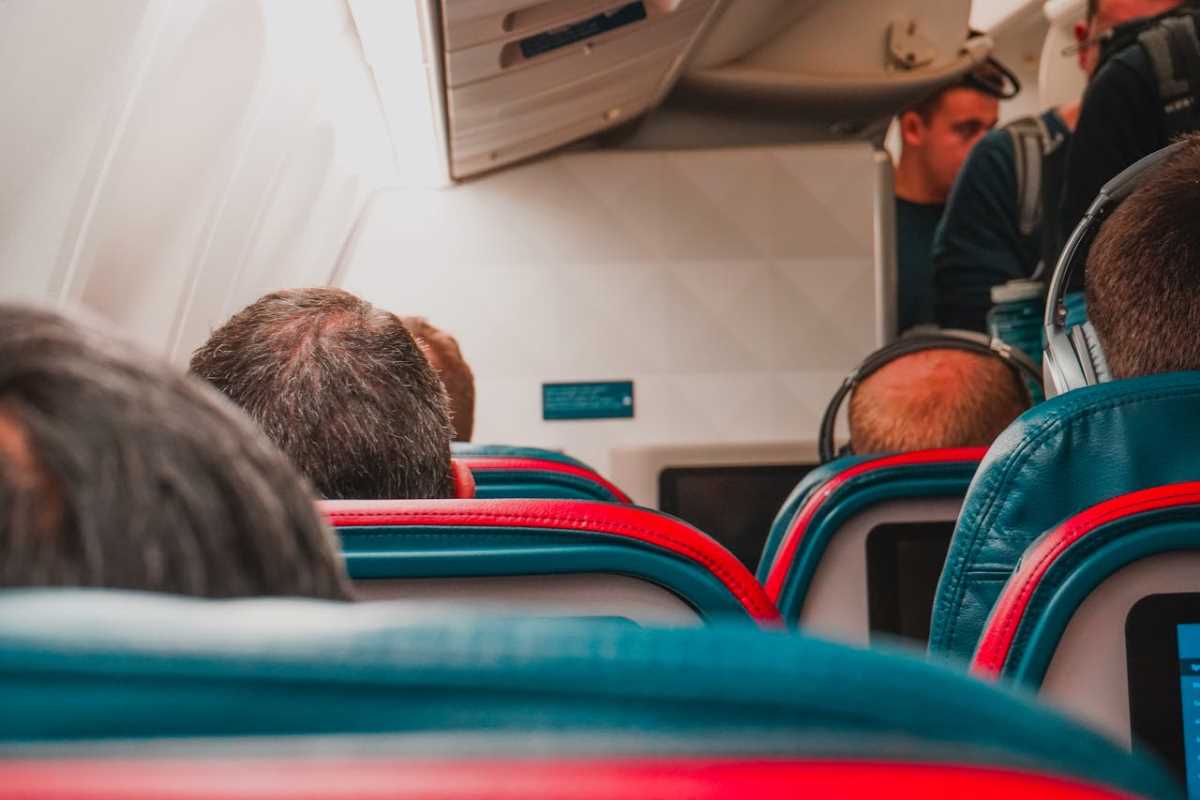Traveling with mobility challenges can present unique opportunities for adventure and exploration. Whether navigating the cobblestone streets of Europe or relaxing on the beautiful beaches of the Caribbean, there are ways to enhance your travel experience. With a little planning and creativity, you can make the most of your journey and enjoy inclusive adventures that are both enriching and fulfilling.
Planning Ahead for Accessibility
When embarking on a trip with mobility challenges, it is crucial to plan ahead. Researching the accessibility of your destination is the first step toward a successful trip. Look into accommodations, attractions, and transportation options to ensure they meet your needs. Many hotels now offer accessible rooms, but it’s wise to verify the specifics, such as roll-in showers, grab bars, and widened doorways. Consider calling ahead to discuss your requirements with the hotel staff, ensuring they can accommodate you properly.
Investigate tour companies that specialize in providing customized experiences for individuals with disabilities. These companies often have a wealth of knowledge regarding accessible attractions and can create itineraries that cater to your mobility needs. Online resources, including travel blogs and forums, can provide invaluable insights from other travelers with similar challenges. By taking the time to plan, you can significantly enhance the likelihood of a smooth and enjoyable travel experience.
Exploring Adaptive Equipment and Technology
Incorporating adaptive equipment and technology into your travel routine can greatly enhance your mobility and independence. Renting a wheelchair or mobility scooter at your destination can relieve some of the burdens associated with transportation and navigation. Many popular tourist spots offer rental services, allowing you to travel light while still having the necessary mobility tools.
Consider utilizing apps designed to provide information on accessible routes and facilities. These apps can guide you to accessible entrances, public restrooms, and transportation options, making it easier to navigate unfamiliar areas. Invest in assistive devices such as grab bars, portable ramps, or even a walking cane that collapses for easier transport. These tools can make navigating diverse terrains much simpler, giving you the confidence to explore new destinations.
Engaging with Local Communities
One of the most rewarding aspects of inclusive travel is connecting with local communities and cultures. Taking the time to interact with locals not only enriches your experience but also provides insights into the culture and traditions of the area. Explore neighborhood markets, participate in cultural activities, and engage with artisans and vendors. Many destinations offer accessible tours and experiences designed specifically for individuals with mobility challenges, providing unique opportunities to learn about local history and customs.
Engaging with the community can also open doors to unplanned adventures. A simple conversation with a local might lead you to discover hidden gems that are off the typical tourist path. Additionally, you might find that many locals are eager to assist travelers, offering tips and recommendations that can enhance your visit. By immersing yourself in the local culture, you create lasting memories and gain a deeper appreciation for the destinations you explore.
Booking Accommodations Wisely
Selecting the right accommodations is essential for a comfortable trip. Ensure that the options you choose meet your specific needs, looking for hotels that provide accessible rooms. Pay attention to features such as roll-in showers, grab bars, and door widths to ensure you have a pleasant experience. Communicating your requirements with hotel staff in advance can also help ensure that your room has all the necessary amenities.
In addition to traditional hotels, consider alternative lodging options such as vacation rentals or bed-and-breakfasts. These types of accommodations may offer more personalized services and can be more accommodating to your specific needs. Many rental platforms allow you to filter search results for accessibility features, making it easier to find the perfect place to stay.
If you're traveling internationally, remember that accessibility standards can vary widely from country to country. What may be considered accessible in one location could be different in another. It’s beneficial to reach out to hosts or property managers directly to confirm the features and amenities that are most important to you.
Staying Flexible and Open-Minded
While thorough planning is essential for inclusive travel, it is equally important to remain flexible and open-minded during your trip. Unexpected challenges may arise—weather changes, delays in transportation, or temporary accessibility issues can all impact your plans. Maintaining a positive attitude and being adaptable can help you navigate these obstacles with grace.
Try to focus on the journey itself rather than stressing over minor inconveniences. Savor each moment and embrace the unique adventures that come your way, whether that means discovering a new café, enjoying an unexpected festival, or simply appreciating the beauty of your surroundings. Remember, travel is often about the experiences rather than the itinerary, so being open to spontaneity can lead to some of the most memorable moments of your trip.
Embracing Inclusive Adventures
Traveling with mobility challenges offers an opportunity to embark on inclusive adventures that are both enriching and fulfilling. Each destination presents its own set of opportunities and experiences, and by approaching your travels with a sense of curiosity and enthusiasm, you can create unforgettable memories. Whether it's taking a leisurely stroll along a scenic path, joining a local cooking class, or participating in an accessible tour, the possibilities are endless.
Being proactive about your accessibility needs does not mean you have to limit your experiences. Many destinations are becoming increasingly aware of the importance of inclusivity, leading to more options and improved facilities for travelers with mobility challenges. By embracing this shift and advocating for your needs, you can enjoy a fulfilling travel experience that reflects the beauty and diversity of the world.
Finding Accessible Transportation Options
Transportation can often be a significant hurdle for travelers with mobility challenges, but planning can mitigate many potential issues. Before your trip, research accessible transportation options available at your destination. Many cities now offer accessible public transport, including buses and trains with ramps or low floors for easy boarding. Additionally, ride-sharing services often have options for users who require wheelchair-accessible vehicles.
If you plan to rent a car, ensure that the rental company provides vehicles equipped with hand controls or other adaptive equipment. Many companies offer specialty vehicles, but it’s essential to book these in advance. Don’t hesitate to communicate your needs with the rental agency to ensure you receive a vehicle that meets your requirements.
When traveling internationally, familiarize yourself with the local transportation system. Inquire whether taxis or public transport are equipped to accommodate individuals with mobility challenges. Understanding the system ahead of time can alleviate stress upon arrival and ensure you can get around the destination with ease.
Packing Thoughtfully
When traveling with mobility challenges, packing thoughtfully can make a difference. Make a checklist of essential items, including any adaptive equipment, medications, and comfort items that help you manage your mobility needs. This planning will ensure you have everything you need without overpacking.
Consider lightweight, foldable items that take up less space but are still functional. For example, a compact travel wheelchair or a lightweight mobility scooter can be more manageable in smaller accommodations. Additionally, pack clothing that is comfortable and easy to put on or take off, as well as footwear that provides adequate support.
Remember to pack any assistive devices or tools that might enhance your comfort and mobility, such as walking aids or cushions. Keeping all essential items easily accessible in your luggage can help you navigate your trip more easily.
Building a Support Network
Traveling with mobility challenges can sometimes feel isolating, but building a support network can enhance your experience—contact friends, family, or support groups who understand your challenges. Sharing travel tips, recommendations, and resources can provide invaluable assistance and make your travels more enjoyable.
Consider joining online forums or social media groups dedicated to travelers with disabilities. These communities can offer advice on accessible destinations, accommodations, and experiences, as well as connect you with fellow travelers who share similar challenges. Engaging with others who understand your journey can provide emotional support and valuable insights.
If you’re traveling with a companion, communicate your needs and preferences. Having a travel partner who understands your challenges can make a significant difference in your overall experience. Whether it's navigating unfamiliar areas or assisting with outings, having someone who is supportive and aware of your needs can enhance your adventure.





.jpg)

